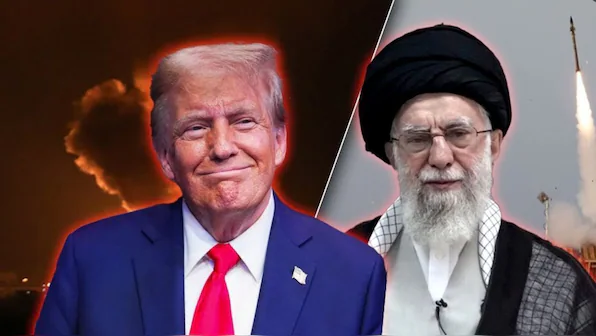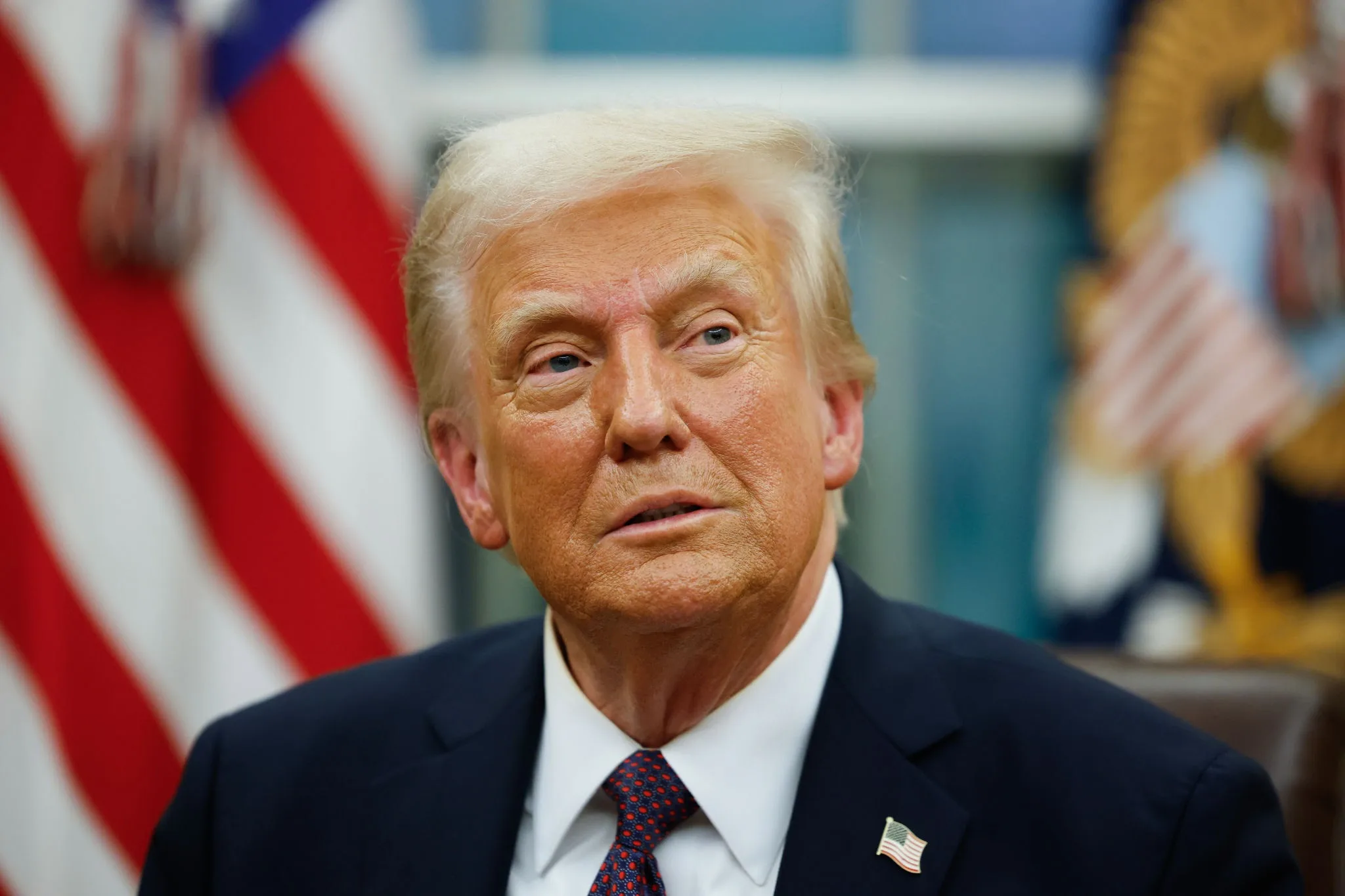Islamabad, June 25, 2025: President Donald Trump announced Wednesday that the United States and Iran would hold talks next week, a development coinciding with the second day of the ceasefire between Israel and Iran.
Speaking to reporters at a NATO conference, Mr. Trump cast doubt on the need for a formal nuclear agreement with Tehran, stating, “I don’t care if I have an agreement or not; the only thing we’d be asking for is what we were asking for before, about we want no nuclear.”
The exact format of these new discussions remains unclear, though Secretary of State Marco Rubio indicated the United States was seeking direct talks.
Mr. Trump reiterated his assertion that American strikes had dealt a devastating blow to Tehran’s ambitions, strongly pushing back against early U.S. intelligence findings which suggested the attacks only set back Iran’s nuclear program by months.
Read More: Pakistani Authorities Captured 10 Alleged RAW Agents
Mr. Rubio further detailed the case, arguing the Iranian program had been set back by years, a view supported by Israel, whose atomic energy commission claimed the American strike on the Fordo nuclear site “destroyed the site’s critical infrastructure and rendered the enrichment facility inoperable.”
These statements by Trump and his officials were part of a concerted effort to portray the 12-day war — the largest and deadliest ever between Iran and Israel — as a definitive success.
On Wednesday, both Iran and Israel began to restore normalcy following nearly two weeks of conflict that included Israeli airstrikes, waves of retaliatory Iranian ballistic missiles, and direct U.S. military involvement.

In Israel, authorities lifted emergency restrictions, allowing schools and workplaces to reopen, while the country’s busiest airport, Ben Gurion, was expected to fully resume operations, facilitating travel for thousands of passengers. The Israeli military’s chief of staff, Eyal Zamir, indicated their focus would now return to the campaign against Hamas in Gaza.
Read More: US-Pakistan Tariff Talks Conclude Next Week
Meanwhile, in Tehran, government supporters held a victory rally on Tuesday. President Masoud Pezeshkian praised his compatriots in a televised address and indicated, in a call with the leader of the United Arab Emirates, that Iran was ready to resume international talks about its nuclear program, the destruction of which was the primary goal of the Israeli campaign.
The first day of the truce, however, proved challenging, with the Israeli military reporting Iranian missile launches after the ceasefire began, to which they vowed a strong response. Iran, for its part, denied firing any missiles at Israel, while Mr. Trump appeared frustrated, publicly criticizing both countries and warning Israel against further airstrikes.
Additionally, the Trump administration on Tuesday postponed classified briefings for Congress about the U.S. strikes against Iran, fueling anger among Democrats who were upset that Congress was not notified within 48 hours of the military action, as required by the War Powers Resolution.
Mr. Trump’s decision to bomb Iranian nuclear facilities is also stirring fear among some who believe it may lead Iran and other countries to conclude that a nuclear arsenal is the only way to protect themselves.









